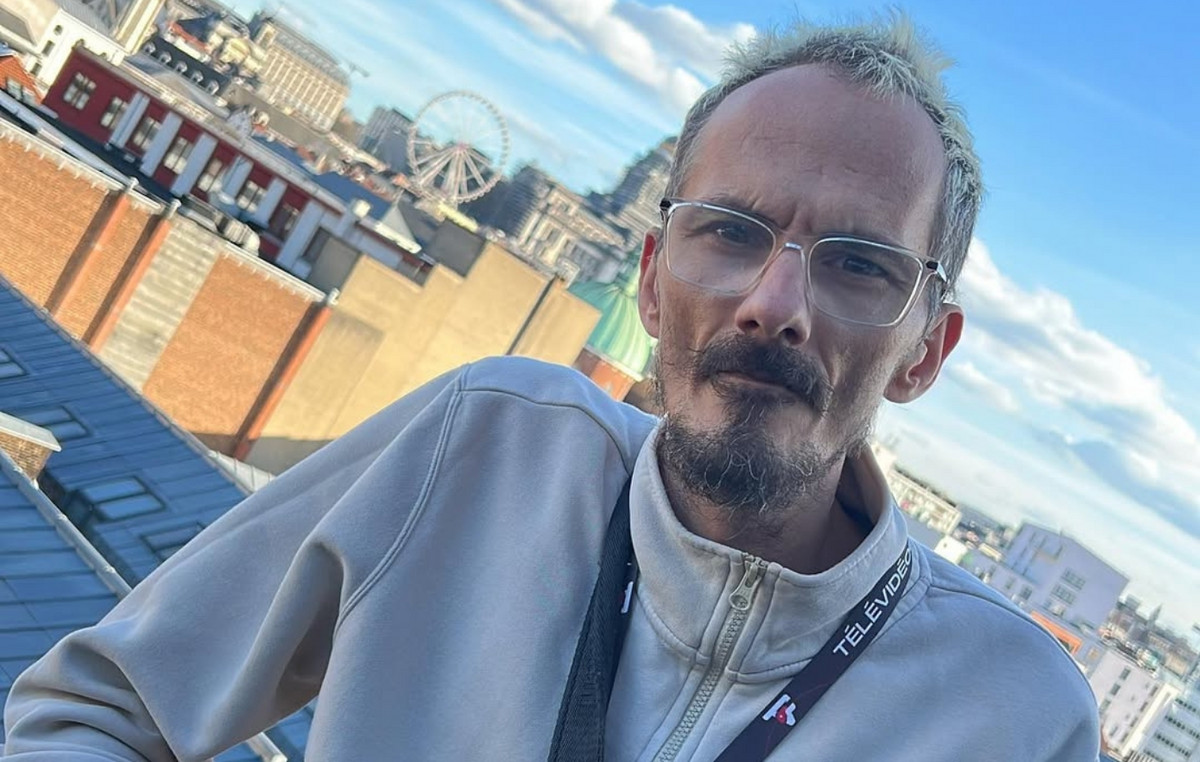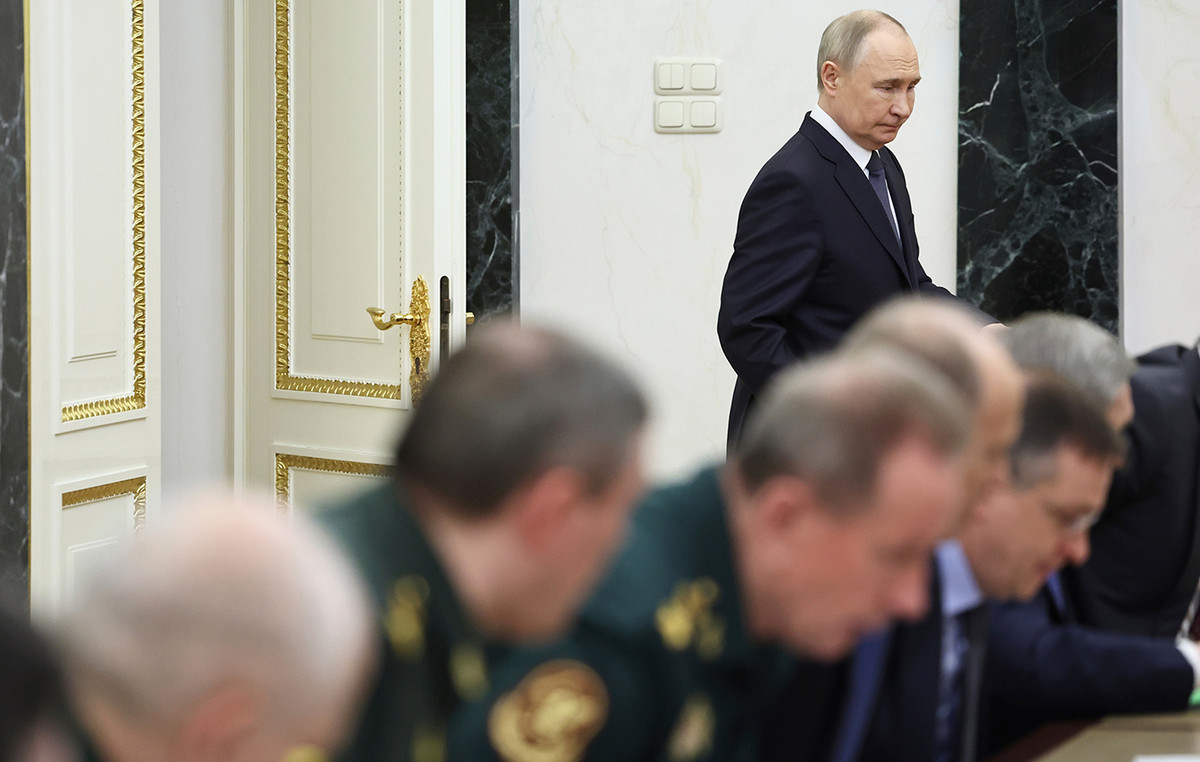French Prime Minister Gabriel Attal and his government resigned on Tuesday (16), but will remain in office on an interim basis until a new cabinet is named.
The interim government will manage “current affairs” in the country but cannot submit new laws to parliament or make major changes, experts say.
His role will include ensuring the Olympic Games, which begin on July 26, run smoothly.
“Dealing with current affairs means implementing measures already decided and managing emergencies that arise. No more, no less,” explained Mathieu Disant, a law professor at the Panthéon-Sorbonne University in Paris.
“An outgoing government is deprived of its full powers. This completely — and quite logically — deprives it of any room for political action,” he added.
There have been interim governments in France before, but none have lasted for more than a few days. There is no set limit to how long an incumbent government can remain in power, and Parliament cannot force it out.
Strict rules on the separation of powers generally do not allow ministers in France to simultaneously be lawmakers.
But with the resignations, even if they remain in an interim capacity, Attal and other government members will be able to sit in parliament and participate in the election of the assembly’s speaker when it meets on Thursday, experts said.
Tension after parliamentary election
Who becomes president of the National Assembly, the equivalent of a speaker who organizes the chamber’s agenda and leads debates, will be crucial, at a time when it is still unclear who will lead the government, since no party or political group has an absolute majority in the legislative house.
The left-wing alliance, which unexpectedly won parliamentary elections and has since been fighting over who to nominate as prime minister, is hoping to agree on a name for head of parliament.
“Never before has the election of the President of the Assembly had so much political significance,” assessed analysts from Eurointelligence.
For the left, they said, the goal was to show that they “have what it takes to command a majority in the Assembly. For the centrists, it is to demonstrate the opposite.”
The New Popular Front (NFP), an alliance ranging from socialists and Greens to the communist party and the far left, was hastily assembled before the election.
After failing to secure an absolute majority, years of tensions between the parties resurfaced over who could lead a possible left-wing government.
Macron therefore asked the traditional parties to forge an alliance to form a government, an option that would include part of the NFP but exclude the far-left party.
“If we cannot find a solution in the hours, in the days to come, it will be a shipwreck,” Communist Party leader Fabien Roussel warned on BFM TV, describing the state of negotiations between left-wing parties as “deplorable”.
Source: CNN Brasil
Bruce Belcher is a seasoned author with over 5 years of experience in world news. He writes for online news websites and provides in-depth analysis on the world stock market. Bruce is known for his insightful perspectives and commitment to keeping the public informed.







